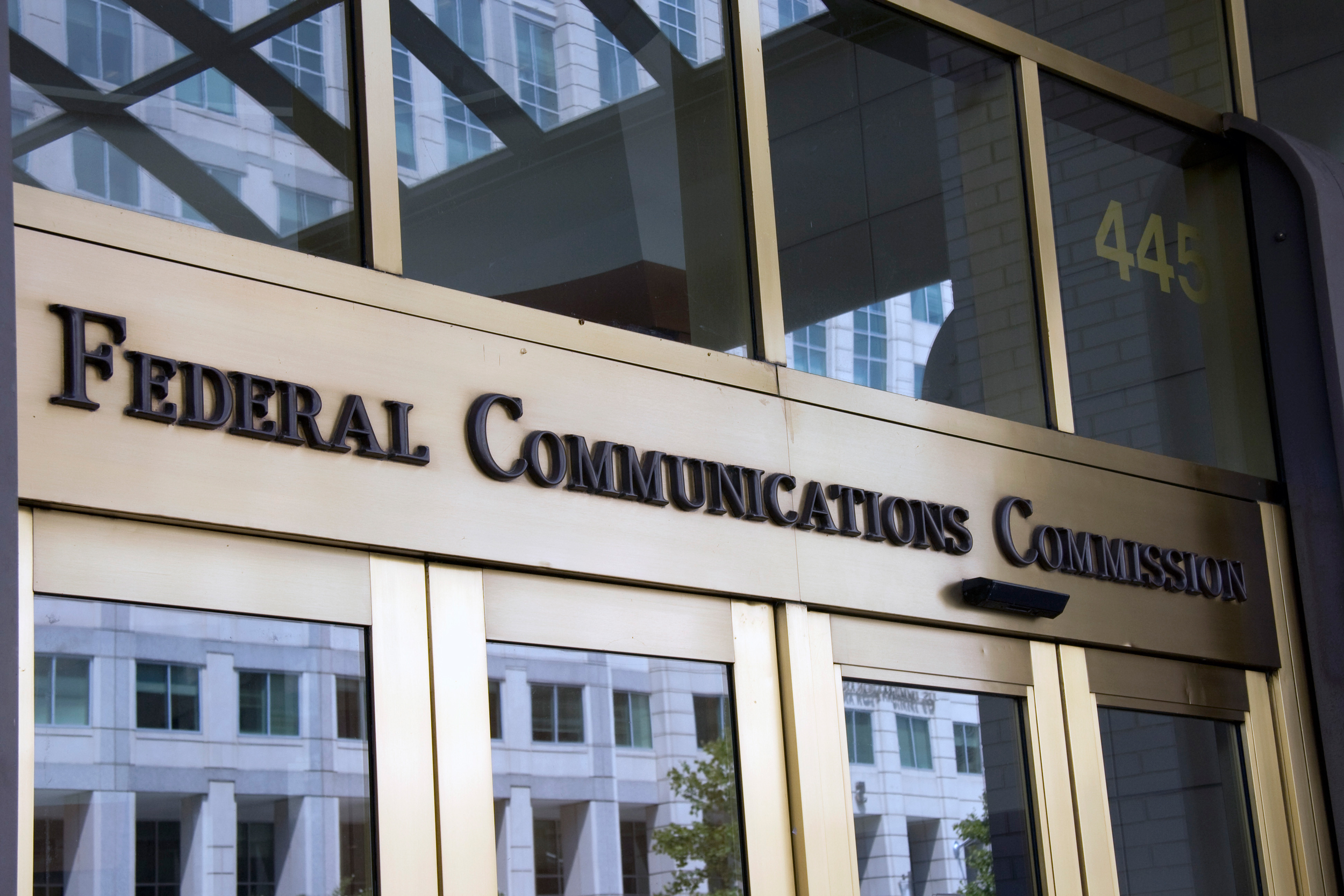TV Defends Ratings; Critics Say System Needs Overhaul

The smarter way to stay on top of broadcasting and cable industry. Sign up below
You are now subscribed
Your newsletter sign-up was successful
Broadcasters and movie studios rate the TV content ratings/guideline system as working quite well, pointing to "public surveys" over a decade that show lots of folks are using the guidelines and that the ratings get "consistently high marks for accuracy." They also say the ratings oversight board is overseeing as it should.
The rating is the TV-14, for example, the accompanying guideline would be the "Parents Strongly Cautioned—may be unsuitable for children under 14" and further descriptors like S for sexual content or D for suggestive dialogue.
Related: FCC Seeks Comment on TV Ratings System
That rosy review came in comments from the National Association of Broadcasters and the Motion Picture Association of America to the FCC, which was directed by concerned members of Congress in the recent appropriations bill to review the ratings for accuracy, including the monitoring board that oversees it.
By contrast, critics, and there are many if the FCC docket is any gauge, say ratings are inaccurate and the monitoring board ineffective and packed with industry ratings defenders. At press time there were 1,653 comments, the second busiest docket in the past 30 days.
NAB and MPAA advised the FCC that that legislation did not give the FCC a "regulatory role" beyond collecting the comments and issuing a report, and wanted to make sure the FCC heard that point loud and clear.
"Any attempt to assert greater governmental involvement in rating television programming would exceed statutory boundaries and would necessarily raise significant First Amendment questions," they told the FCC.
The smarter way to stay on top of broadcasting and cable industry. Sign up below
Among the questions Congress wanted answered were whether ratings match the content. NAB and MPAA pointed to a survey, commissioned by the Monitoring Board that found that 94% of parents were satisfied with their accuracy.
They also said the Monitoring Board has received no more than 47 complaints, on average, per year, and only 26 complaints in 2018 about 20 shows. "There no doubt will be circumstances where a person may disagree about how a particular television program should be rated, but the possibility of such disputes is not a reason to overhaul a system that the vast majority of viewers find beneficial," they told the commission.
As to the Monitoring Board, which includes representatives from cable and broadcast networks, TV station syndicators, and "third-party groups with an interest in children and media" they said: "[I]ts members take their responsibilities seriously to provide accurate, consistent ratings and to respond to viewer concerns about the rating assigned to particular programs."
On the other side of the issue are familiar forces for more government content oversight, including names familiar to veterans of the content fights of the 1980s and 1990s.
Parents TV Council has long argued the ratings need a major revamp, and did so again this week. It also called on members to weigh in individually, as did American Family Association and Concerned Women for America, a PTC spokesperson pointed out.
PTC's concerns are that there are virtually no shows in prime time rated as suitable for the whole family, that shows are being mis-rated and that networks rating their own shows has always been problematic and an inherent conflict of interest.
"With our sophisticated recording and tracking system, the PTC has gathered data that has empirically proven the TV Content Ratings System routinely to be inaccurate and inconsistent," PTC told the FCC. "We could cite hundreds, if not thousands, of specific instances where television programming was rated as appropriate for children when it likely should not have been so rated."
“In recent years the PTC has attempted to raise content rating concerns directly with TV industry executives and with the [monitoring board]," the council said. "On a handful of occasions we have received a response; but most of those replies stated disagreement with our opinion that a rating was inaccurate. (For instance, in the Dating Naked program content described above, I personally communicated with the Viacom broadcast standards executive about the sexual content; but I was told that the program is about ‘relationships’ and was rated correctly, this despite the ubiquitous nudity and the graphic sexual situations depicted or discussed in the program.)
“If it is so difficult for the Parents Television Council, with its expertise and research resources, to engage in a meaningful dialogue with [the board] and the networks, then it is virtually impracticable for an average parent to do so. Furthermore, the parents we speak with are unaware of the existence of [the board]; unaware that ratings are applied by the networks themselves, as opposed to being applied by an independent body like the MPAA’s system; and unaware that it is up to them to offer any complaint if they feel a content rating is inaccurate."
Contributing editor John Eggerton has been an editor and/or writer on media regulation, legislation and policy for over four decades, including covering the FCC, FTC, Congress, the major media trade associations, and the federal courts. In addition to Multichannel News and Broadcasting + Cable, his work has appeared in Radio World, TV Technology, TV Fax, This Week in Consumer Electronics, Variety and the Encyclopedia Britannica.

